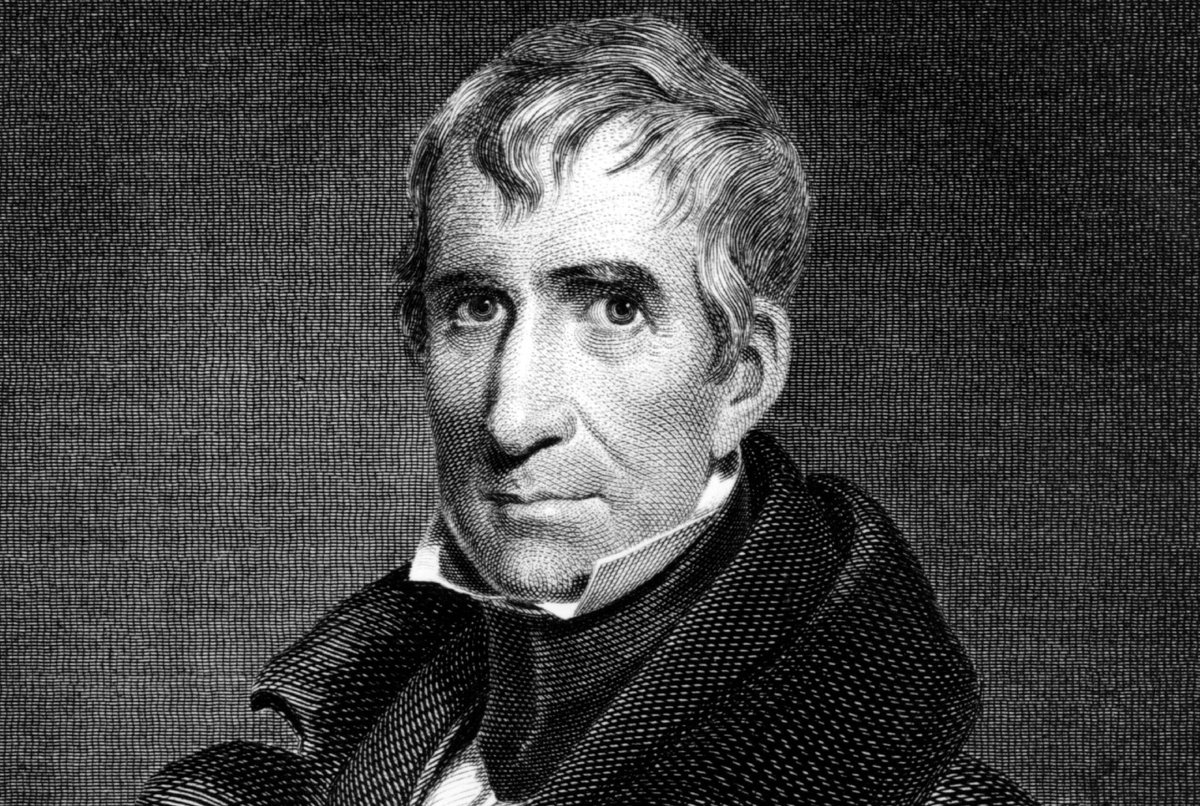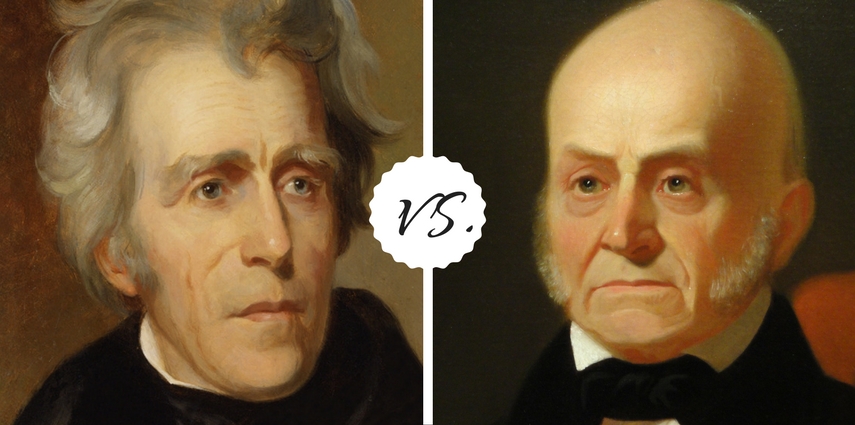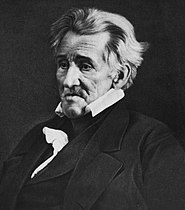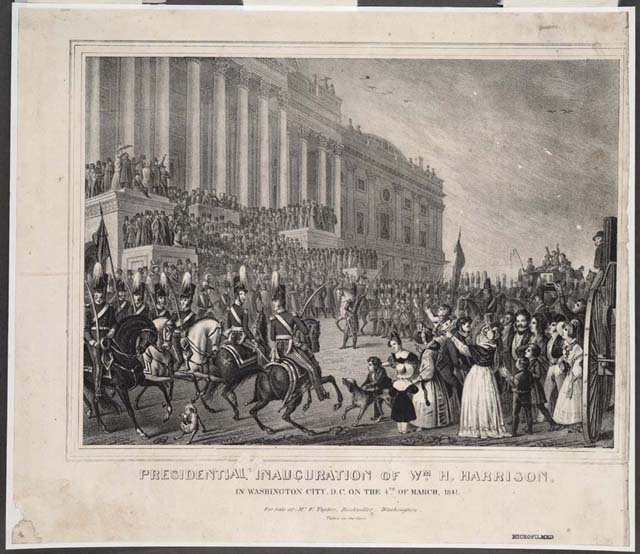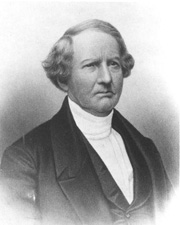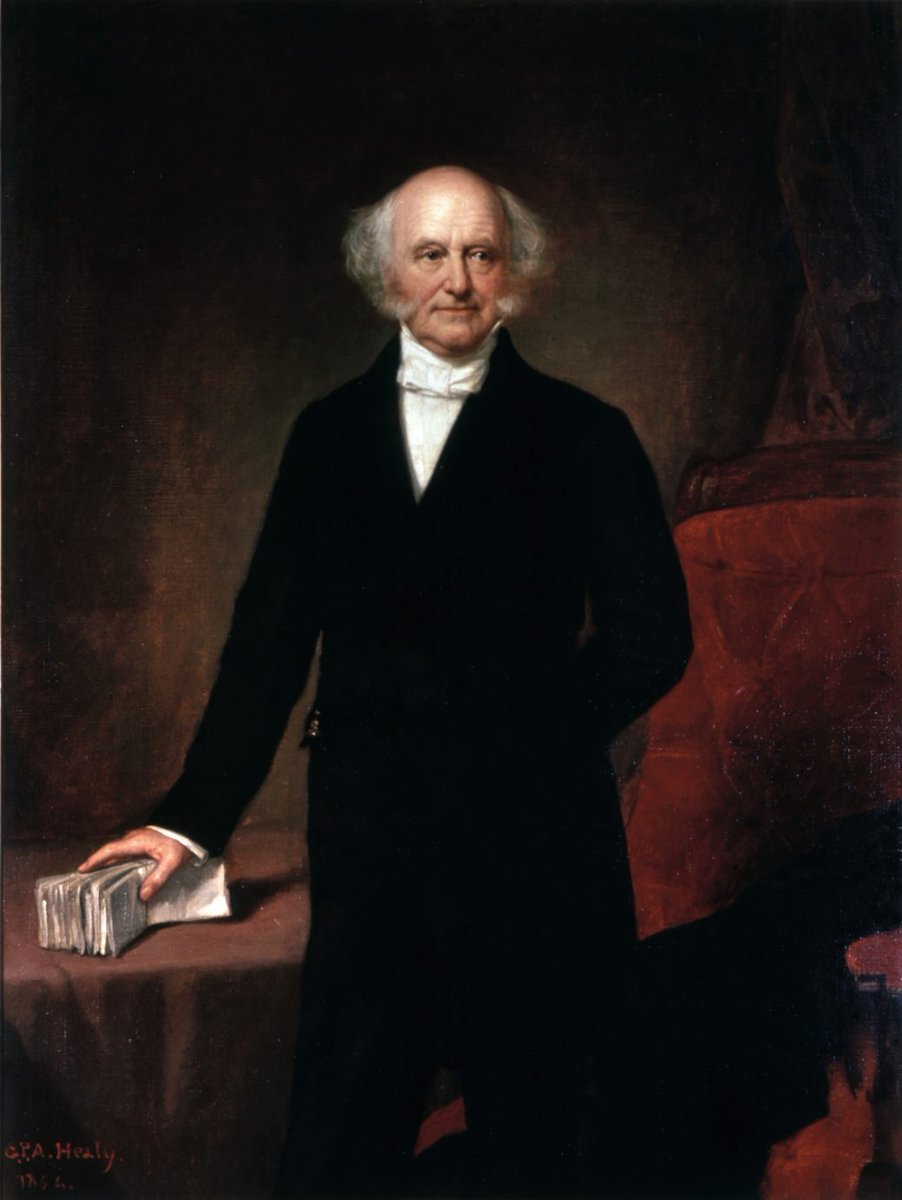I have been continuing my research into the historical puzzle of why outgoing President Martin Van Buren did not attend the inauguration of his successor, William Henry Harrison. A research thread /1
Whigs in the Senate played a key role. Enclosing the "programme of the ceremonies" pertaining to inauguration, the Senate Committee on Inaugural Ceremonies sharply noted: "No position it will be perceived has been assigned to you; the undersigned believing it more respectful /2
(and therefore more in accordance with their disposition) to submit to you to take such a position in the proceedings as may be agreeable and convenient to you: any suggestion from you will be promptly and with pleasure conformed to." @VanBurenPapers /3
In essence, Whig Senators William C. Preston (South Carolina), Richard H. Bayard (Delaware), and Albert S. White (Indiana) informed the outgoing president Van Buren that he was not included as part of the inaugural ceremonies. They, and not Harrison, excluded Van Buren. /4
Interestingly, at a dinner held at the White House on March 13, 1841, new President William Henry Harrison expressed his respect for Van Buren to an assemblage of guests that included members of the former Cabinet plus John Quincy Adams. @mvb_nps /5
Writing about the dinner to Van Buren, Joel Poinsett, the former secretary of war, wrote: "[Harrison] respected you very much & you & he had set an excellent example to all by parting as best friends in the world." /6
Indeed, Van Buren had cooperated with Harrison in the weeks leading up to inauguration. Per @WhiteHouseHstry "On February 10, President-elect Harrison met with Van Buren at the White House." /7
And furthermore: "On February 12, Van Buren hosted Harrison and others for dinner at the White House." Historian Edward M. Shepard later noted the difference from the situation that existed between @MHS_Research John Quincy Adams and @7thpresident Andrew Jackson in 1829 /8
"Van Buren welcomed Harrison to the White House, & before the inauguration entertained him there as a guest, with the easy and dignified courtesy so nature to him, & in marked contrast to the absence of social amenities on either side at the great chance twelve years before." /9
Subsequently, the @WhiteHouseHstry notes: "When the National Hotel became overcrowded, Van Buren offered to leave the White House early to accommodate Harrison, but the president-elect decided to take a brief trip to Virginia before the inauguration." /10
Nevertheless, political tensions ran high between Democrats and Whigs in 1841, as a letter from Andrew Jackson to Van Buren in March suggested. Jackson decried Harrison's conduct during the election campaign of 1840 as "the climax of dishonour upon our whole Union." /11
On the day of Harrison's inauguration, the diarist Philip Hone observed, Van Buren was "snug at the house" Attorney General Henry Gilpin of Pennsylvania. Later that evening, members of the old cabinet gathered to say farewell to the outgoing president. /12
"It was a meeting of the friends of an overthrown dynasty; yet there was no grumbling nor despondency, but general cheerfulness & an excellent spirit," former Postmaster General John M. Niles wrote. /13
Ultimately, as @ronshafer1 suggests, Van Buren followed the precedent set by the only other two defeated incumbent presidents (John Adams and John Quincy Adams), though unlike them, he did not refuse to attend his successor's inauguration or depart Washington early. /14
In sum, Martin Van Buren @mvb_nps made the best of a difficult situation and, despite having lost the election and not being included in his successor's inauguration, he left the White House with dignity and grace. His example still offers a valuable lesson for us today. /15

 Read on Twitter
Read on Twitter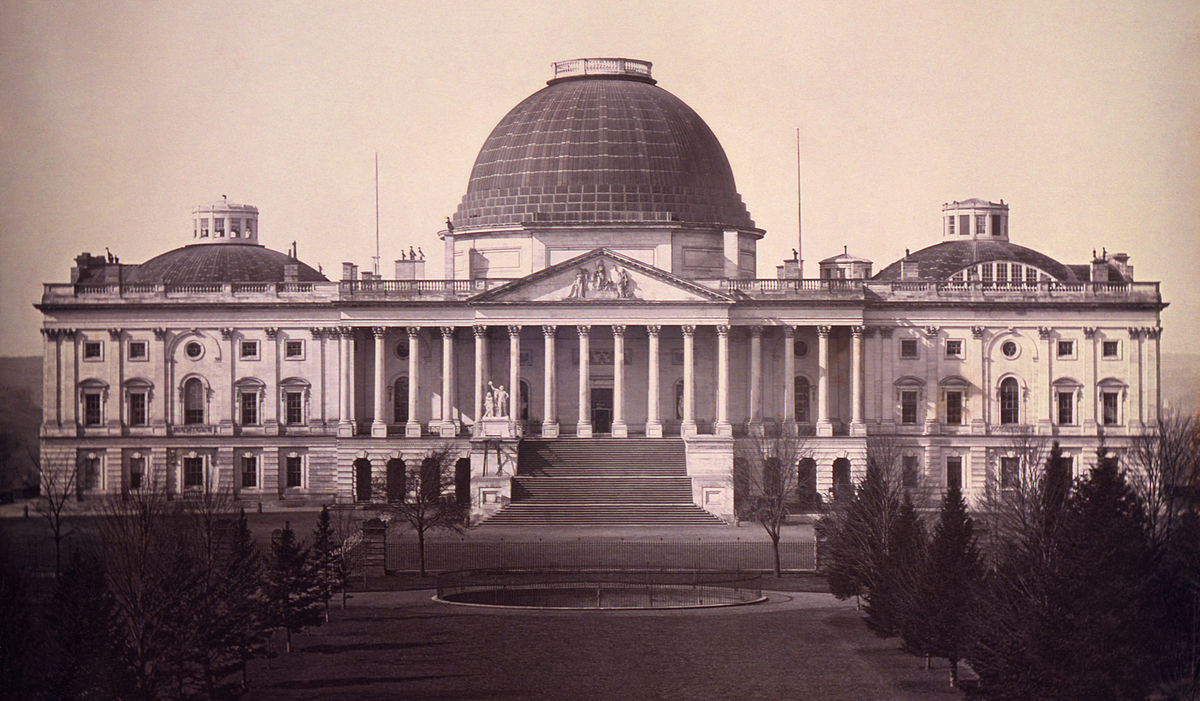
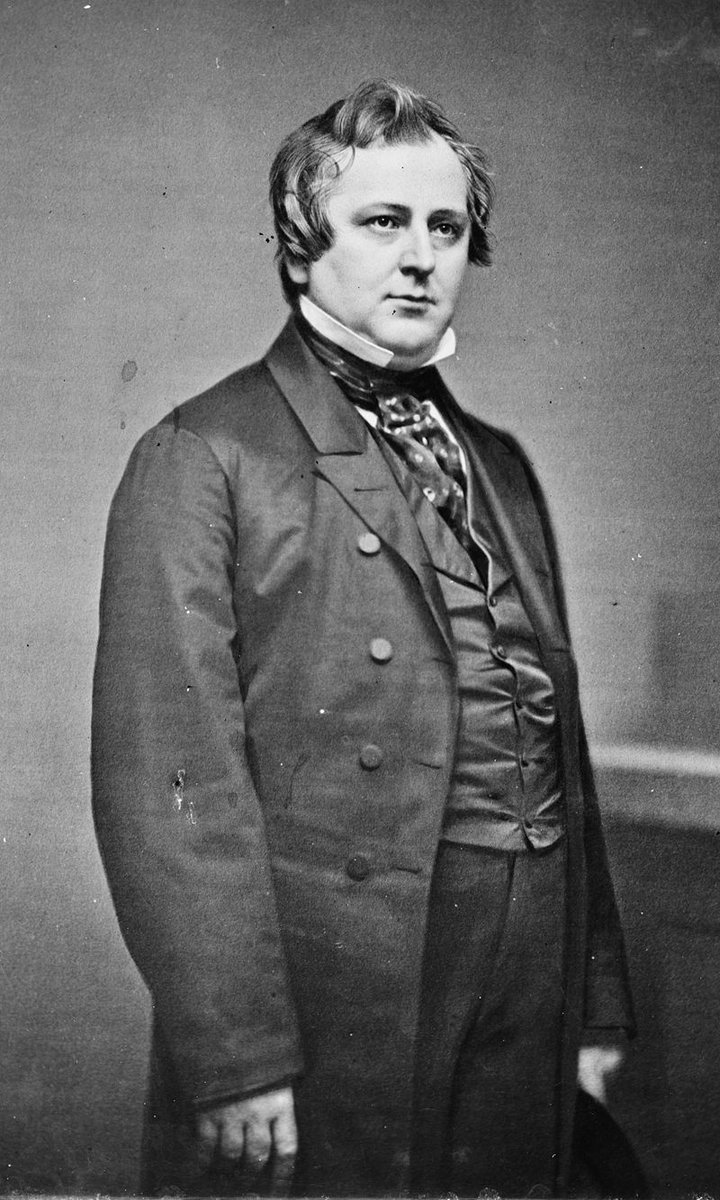
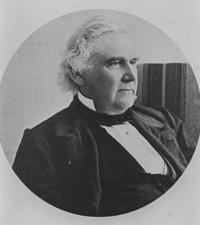
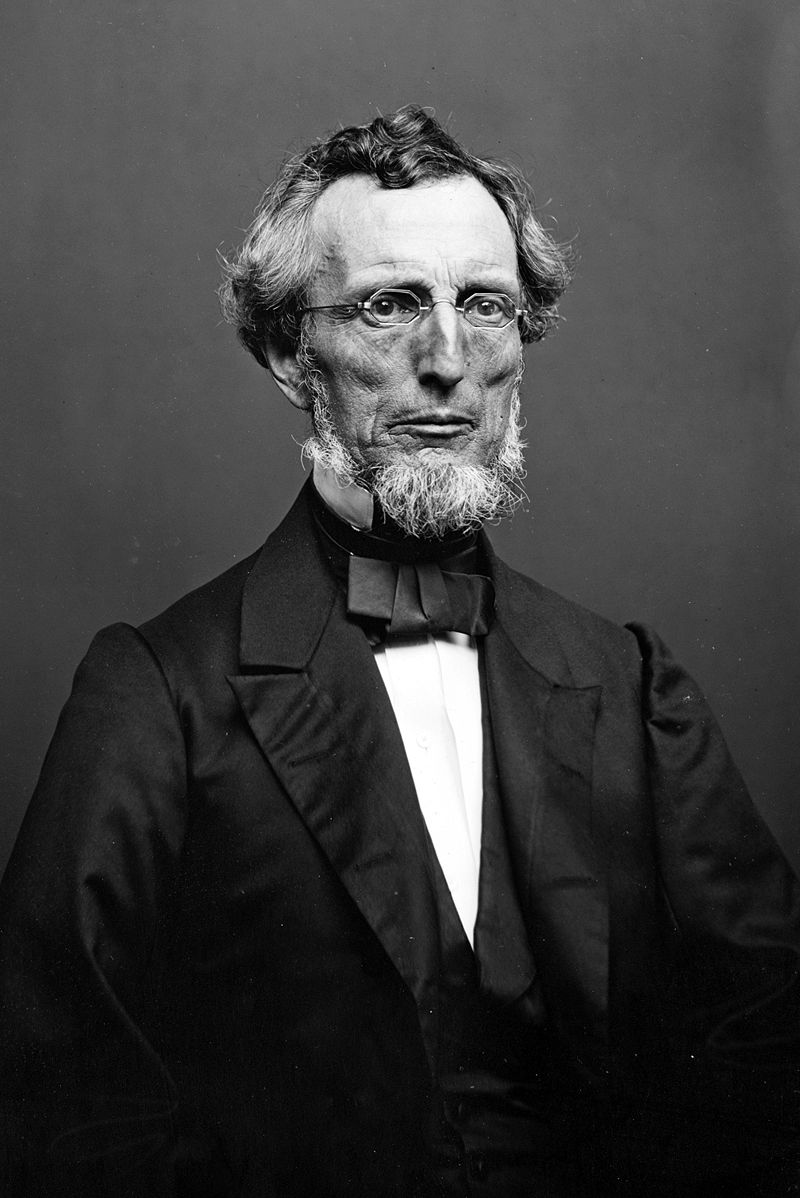
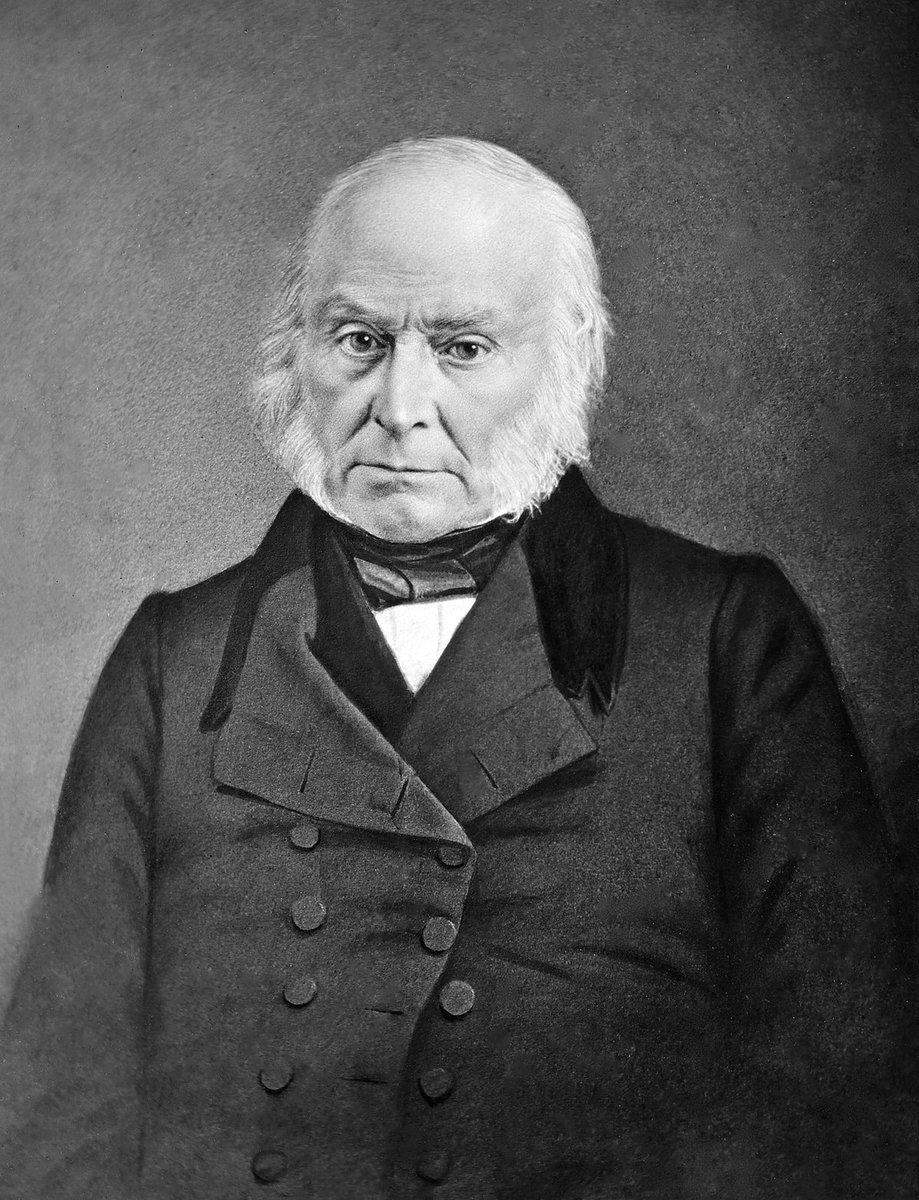
![Writing about the dinner to Van Buren, Joel Poinsett, the former secretary of war, wrote: "[Harrison] respected you very much & you & he had set an excellent example to all by parting as best friends in the world." /6 Writing about the dinner to Van Buren, Joel Poinsett, the former secretary of war, wrote: "[Harrison] respected you very much & you & he had set an excellent example to all by parting as best friends in the world." /6](https://pbs.twimg.com/media/ErZEZa1W4AUSCOG.jpg)
